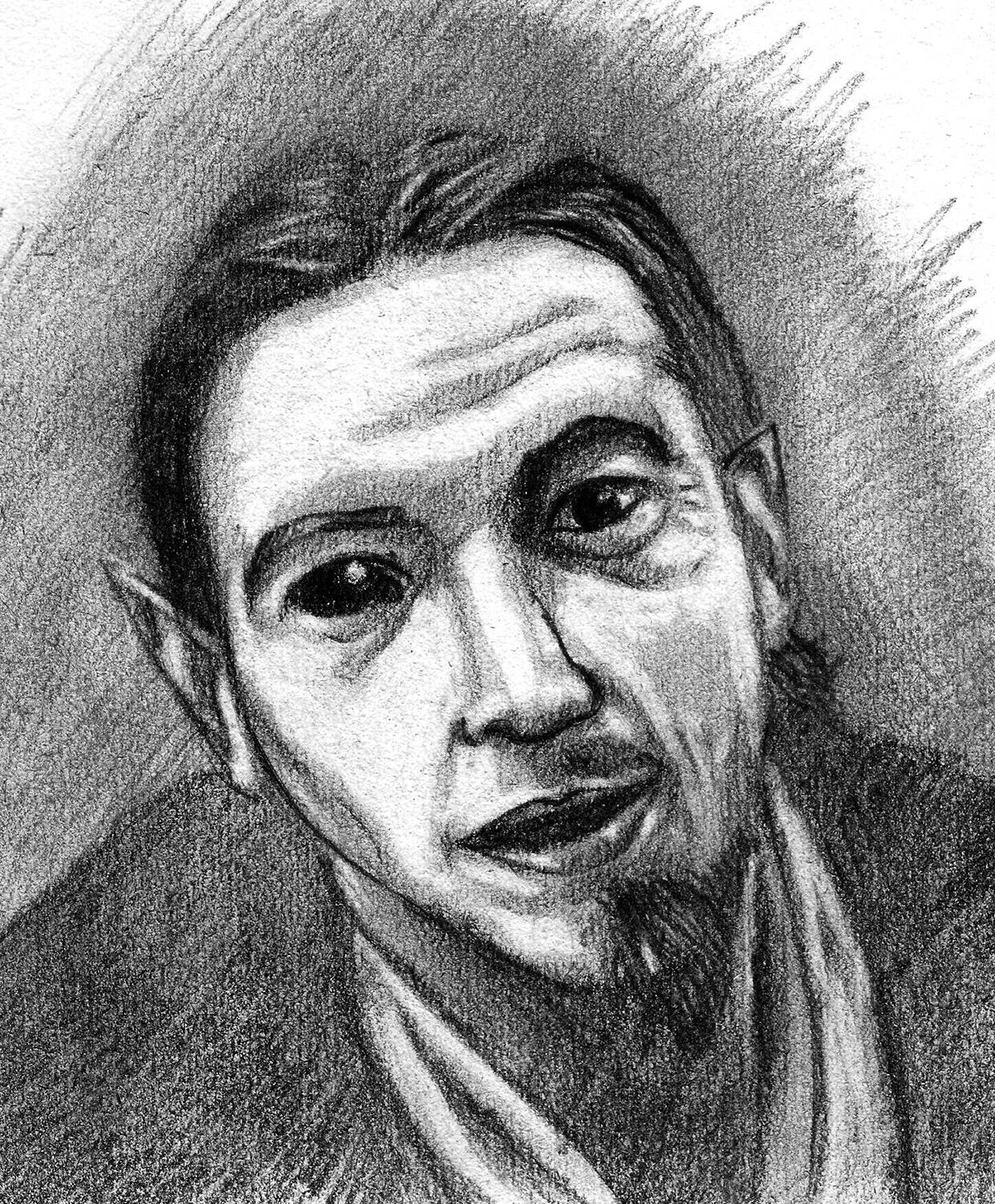Most of my fictional cultures in Matters of Honor are made interesting by having them take on the **surface styles ** of one ancient culture (names, looks, architecture, all mildly vandalized to make it more fun/fictional) but they tend to have deeper similarities to an entirely different culture. For example, Breccians are vaguely Germanic in style, but they have a culture of paranoia and cultishness, debased royalty, and organized crime intertwined with government more reminiscent of modern day Russia. I didn’t come up with that process step a priori, I kind of noticed I was doing it and went back and did it on purpose. I think I do my best work this way, playing around and only later formalizing my process. It just takes ages, which is fine when you’re between groups.
Recently I figured out that the problem I’m having with Zerzuran culture was that there is no such definite juxtaposition. There are cool tidbits, but there is not much dynamism. I struck upon the idea of refining their surface styles as more firmly Persian (instead of a mishmash of middle eastern) while drawing out deeper similarities to a wild west American thing, specifically drawing on spaghetti westerns and the interplay between encroaching city life against a fading frontier spirit. They already had spice rangers to fill the niche of heroic cowboys, after all.
How do you write your own original cultures? Is there a better way than carefully laundering things you’ve stolen from real human societies?
How do you write your own original cultures? Is there a better way than carefully laundering things you’ve stolen from real human societies?
I wish more writers would steal. A lot of fantasy races look like pretty generic, bland, cultures. Reading Anthropology books has shown me cultures far stranger than any of the fantasy races.
Things I’ve “stolen”:
- Languages can be whistled coherently, like entire sentences, communicated only through whistling. The sound travels further in some locations.
- Fire placement in caves is a matter of life or death.
- You don’t need words for ‘good’ or ‘bad’, for a language to function, but once you meet a culture which doesn’t have those words, it’s extremely difficult to communicate (and hilarity often ensues).
You are an excellent thief. What’s your favorite anthropology book?
Probably Don’t Sleep, There are Snakes. It’s the story of a Christian missionary who goes to convert the Piraha people. Unfortunately, their language stamps empiricism into the verb, so every single sentence has to come with how you learnt the information.
- Learning by experience (“I saw a jaguar”)
- Learning by deduction (“There’s jaguar poops, and tracks, so a jaguar was here”)
- Learning by another’s experience (“Someone said she saw a jaguar”)
Gossip is grammatically impossible.
So he starts translating the Bible, but they keep trying to clarify what he means.
What colour was Jesus? Black or white?
But he never met Jesus.
Okay, so when your dad met Jesus…
But his dad never met Jesus, so the translation cannot work.
The book goes over how they craft, their attitudes towards sleep (it’s a vice - just don’t), the way they think about time.
Eventually, Dan left an atheist. In the end, they converted the missionary through grammar.
I’ve been sitting on a reply for days trying to think what to say and… I got nothing. That’s just so much more of a gold mine answer than I was bargaining for. Thank you!
It’s a great book.
Oh - and also they have zero ‘phatic’ communication. Everything means something. So you can’t say ‘good night’, unless you are saying ‘this night is good for dancing’…or for something else. It’s precise, representative statements, or gtfo. Instead, they remind people ‘Don’t Sleep, [because] there are snakes’.
It reminds me of Bilbo’s ‘Good morning!’, with Gandalf.
I develop cultures naturalistically and idealistically. I also primarily work on ttrpg settings. I start with a creation myth then flip a coin to determine if it’s true or only believed to be true. Then I come up with the deities and whether the deities are cohabitative (like Celtic deities) or extraplanar (like Egyptian deities) and from there I work on the beliefs and religious practices of the people.
This them gives me a set of values and ethics for which they follow and that I can start working on a social structure. I begin by determining what type of society they live in. Most of the time this means deciding if they’re a feudal society or not and determining their social taboos and such.
That’s a very structured process. Do you have this written out as a set in stone workflow?
For me sometimes ideas just come out of nowhere, but it’s quite frustrating if you’re just about to sleep, or, more dangerously, driving a motorcycle.
Besides that, I write my fictional cultures by looking at what I already have and expand on that, or carefully taking a little something from a real-world culture, like a style of clothing, and contextualize it to the fictional culture.
I think it’s easier to mix and match cultural elements from the real world and imagination if a race is non-human. It allows for more experimentation and less risk of cultural appropriation. It’s also easier if their built environments are already distinct from regular human environments.
For example, my human-dragon hybrids mostly live their lives out of single-family (magical) treehouses, and I think that serves me well if I ever want to apply some real-world cultural stuff into that. I find inspiration for those treehouses from postmodern/contemporary architecture, surprisingly enough.
Writing treehouses into the setting is always so irresistible, isn’t it?
True, but not only is it irresistible, but I feel like it’s also a practical necessity. I don’t think a winged humanoid species would work well under traditional human housing. They’d need extra space for their wings and more entry/exit points for flight.
You can do that with a regular house, but at the same time I wanted my species to have a deeper connection to nature, culturally and biologically speaking—and that’s how treehouses came into fore.
You don’t see many ground dwelling flighted birds, so that checks out for sure. For me it’s always that desire to create highly verticalized spaces for dynamic combat and exploration. So I tend to make excuses to promote that




